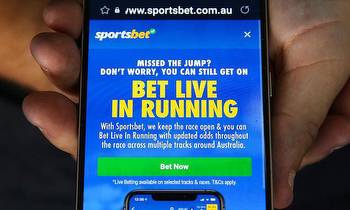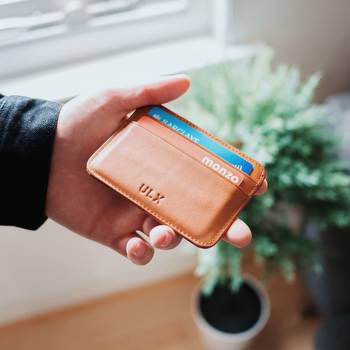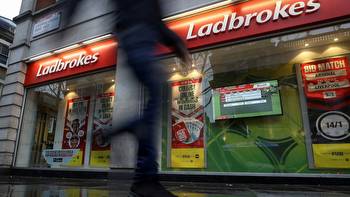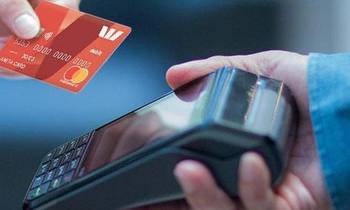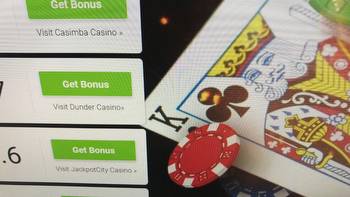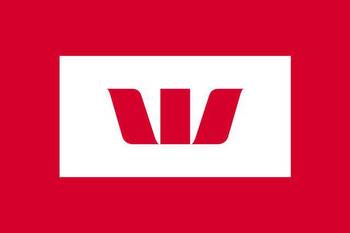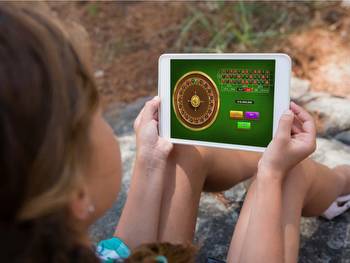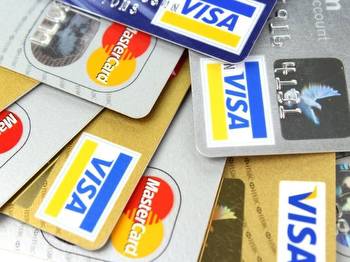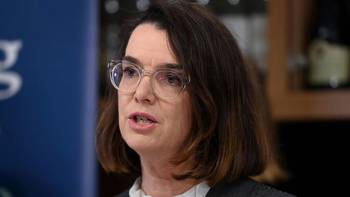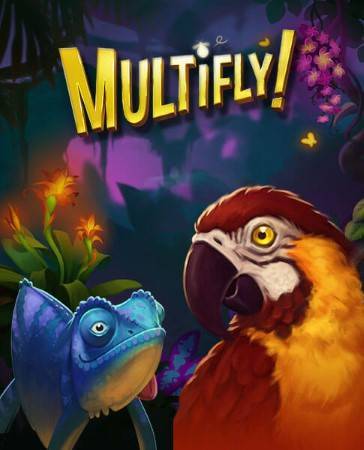Growing Demand for Gambling Block, Kiwibank Says

A gambling counsellor wants more financial service providers to follow Kiwibank's lead and offer customers the ability to voluntarily block payments to online gambling websites. (Content Partnership)
The Covid-19 pandemic accelerated the growth of online gambling, increasing from about $4.1 million a week at the start of 2020 to $6.25m a week during the lockdown, Ministry of Health data shows.
Compared with the same period in the previous year, spending on online gambling during lockdown was up 51 percent.
Noticing this spike, in March Kiwibank became the first bank in the country to let customers block payments from their credit and debit cards to online gambling websites, following the success of a small pilot last year.
Kiwibank head of sustainability Julia Jackson says the increase in gambling activities during lockdown appeared around the world as people used online gaming websites as a boredom and stress release.
“As a bank we started to think about what we could do meaningfully. We're not counsellors, we can't solve all of those problems. But we do have a unique insight into people's spending behaviour,” Jackson says.
As a result, Kiwibank set up a feature to allow customers to stop payments to gambling websites. The block is applied to merchant codes associated with gambling companies. Once the block is applied, if you try to use the card online with a merchant that uses one of the popular gambling merchant codes, the transaction will be declined.
Primary or secondary card holders on a joint credit card account can request the block be placed on their individual credit card as well as an additional card holder’s card. It can also be removed at anytime, although it can take two working days for the block to be applied or removed.
Jackson says the auto-save credit card payment function available on most online gambling websites means people don’t realise how much they’re spending.
“Eighty percent of customers who have put the block in place have kept that block on. That's now been seven or eight months of them not having the ability to gamble online."
Kiwibank estimates it's helped 127 customers avoid about $13,000 each per year in losses, about $1.7 million in total in the year to June.
Now, more than 200 customers have used the block.
Jackson says using this tool will not impact the customer's future lending.
“The benefit, ultimately, is we are supporting our customers to ensure that they are spending their money in a way that is promoting their long term wellbeing, and helping them to get ahead," Jackson says.
"It ensures we have customers who are more financially resilient, and more emotionally resilient as well, which is a great side outcome.”
Banks have been pushed to put customers’ interests at the heart of their operations since the Financial Markets Authority and the Reserve Bank of New Zealand completed a joint review into the conduct and culture of 11 New Zealand banks in 2018.
Reserve Bank Governor Adrian Orr said at the time “To promote a sound and efficient financial system, banks have a responsibility to ensure customers receive products and services they understand. These products and services must be suited to customers’ needs on an ongoing basis.”
"Gambling sites are like an octopus. One website will have an offer on other sites."
Bonnie Lovich-Howitt, gambling counsellor
Kiwibank worked with the Problem Gambling Foundation to create this tool.
Gambling counsellor Bonnie Lovich-Howitt says online gambling websites make it difficult to self-ban.
“Our clients report gambling sites are like an octopus. One website will have an offer on other sites. Often unsolicited messages pop up, but we really don't want them popping up when people are most vulnerable."
“I had a client who was doing really well, they hadn't gambled in over a year, they were feeling really good, their relationship was back on track. And then they got an email from a random online gambling place. Basically, it said, you know, spend $1, and we'll give you $100. But 40 hours later that harmless dollar cost them their whole paycheck.”
She says having the bank restrict a customer's spending through its list of merchant codes, including international operators, was more effective.
When working with Kiwibank on creating the tool, it was important for Lovich-Howitt that the bank put steps in place to make sure people who voluntarily placed a block on their use of gambling sites weren't disadvantaged when they went to borrow money.
“That’s crucial to the success of the block. They wouldn't have as many people using it if customers were worried it would affect their lending. We need people to be confident to talk to the bank.”
Lovich-Howitt says she wants other banks and financial service providers to follow Kiwibank's lead.
“Offering services helps challenge the stigma associated with harmful gambling, and financial institutions have a responsibility, as gambling is directly related to money.
“I honestly hope and believe that it's a trend that all others follow.”
Kiwibank is a founding supporter of Newsroom.co.nz













